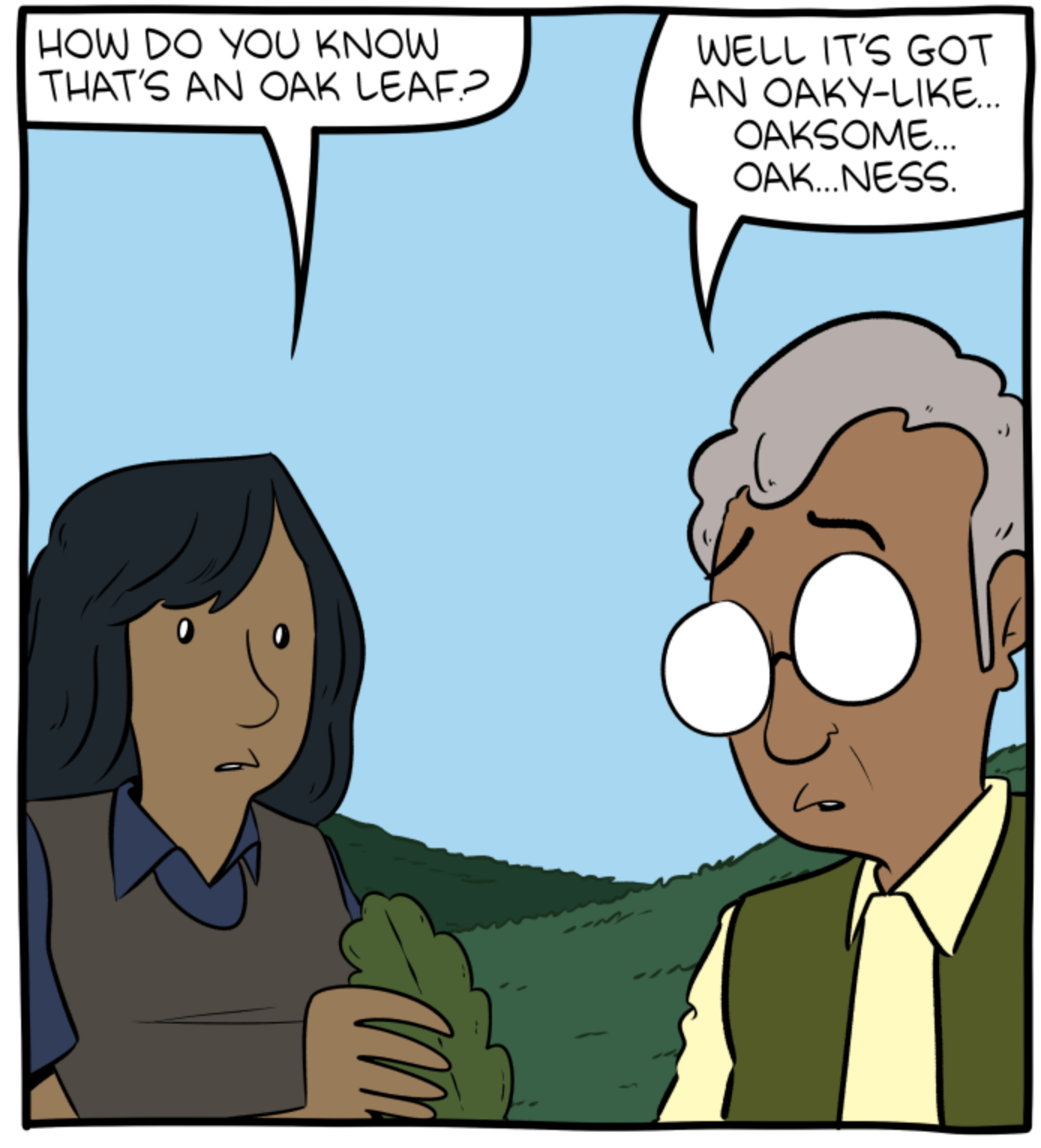Trefoils across Eurasia: the importance of archeology for historical linguistics, part 4
Hour-long video: "A Sacred Emblem: Trefoil in Early Korean Metalwork and Beyond":
October 8, 2020 – Trefoil or “three-leaved plant” is a stylized form found in artifacts and architecture across culture and time. Dr. Minjee Kim begins the story with her first encounter with a gold headdress ornament of the Balhae kingdom (698-926) and traces the migration of its trefoil form throughout the 4th-6th century across Asia. Then, she travels to France, where “fleur-de-lis” adorned French crowns, clothing, textiles, and furniture as a symbol of royalty, leading to its wide contemporary appropriation by many Western institutions. The journey ends with the long and rich tradition in Kyrgyzstan where the motif is still strongly embedded in various realms of material culture of the people. While offering a view on Korean artifacts within a wider context of material resonance in human history, Dr. Kim highlights the way these artifacts adorned the body and how the craftsmanship was employed to articulate the social hierarchy.
Read the rest of this entry »




